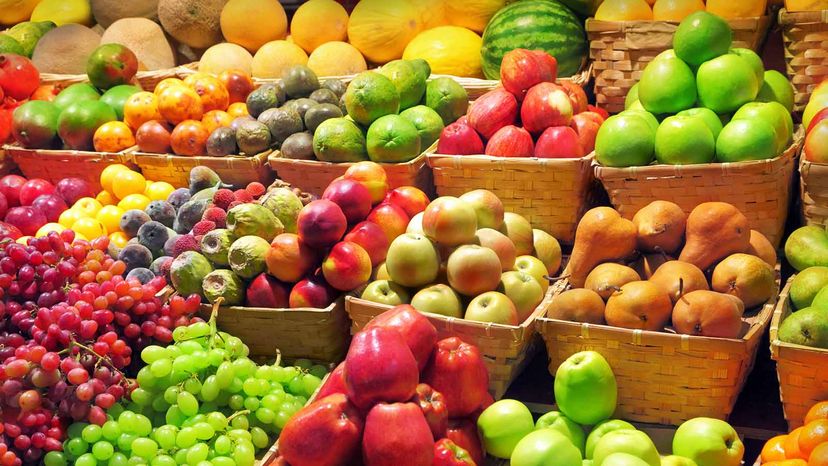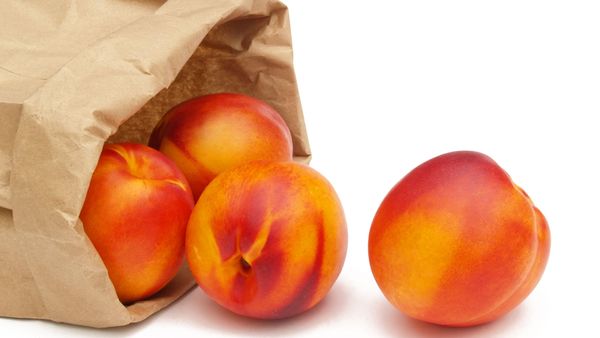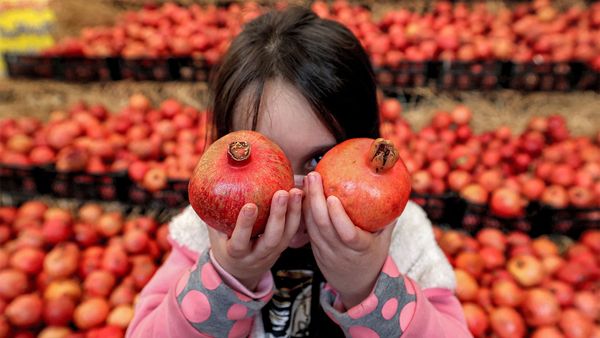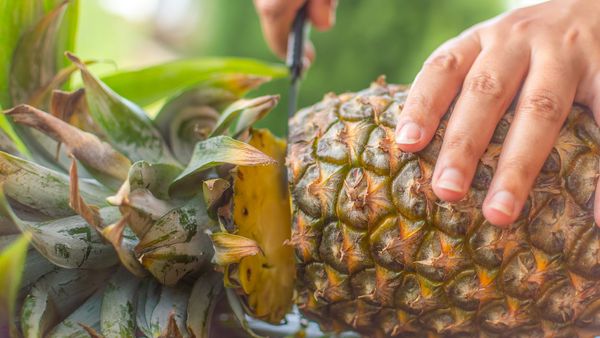
Getting enough fresh fruit in your daily diet is important to a healthy eating routine. People who eat fruit (and vegetables) as part of an overall healthy diet have a lower risk for certain diseases, including cancer and heart disease. Most fruits are naturally low in fat, sodium and calories, and they have zero cholesterol. Some fruits also are loaded with vitamins C and A, as well as folate, potassium and dietary fiber.
But the 2020-2025 Dietary Guidelines for Americans found that 80 percent of Americans don't eat enough fruit. The guidelines recommend that people include 2 cups of fruit daily, though most Americans fall far short of that.
Advertisement
It's pretty simple to add a few cups of fruit to your daily diet. For example, just one banana is the equivalent of 1 cup of fruit. Of course fruit really only tastes good when it's ripe, so how do you pick the ripest, whether you're buying from your local farmers market or your big box store?



